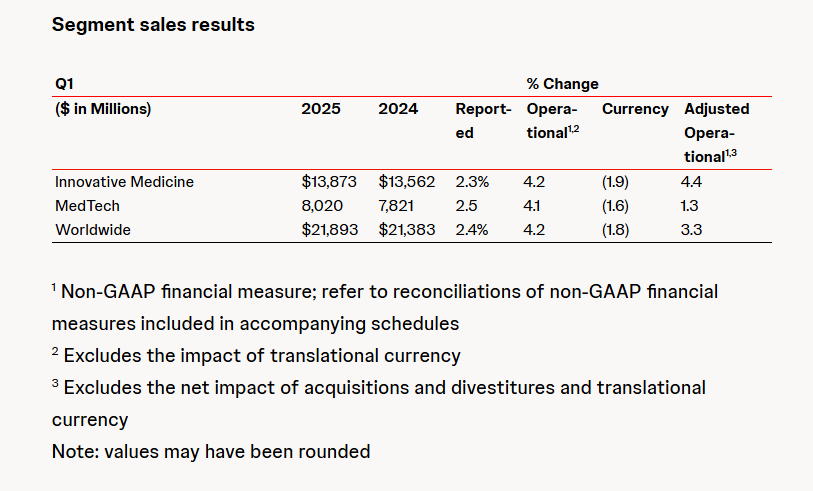Fully PLA Material Bicycle Helmet: Fully Biodegradable Helmet

In the sports goods and accessories market, product design, lifestyle concepts, and functionality are key considerations for consumers when making purchases. Currently, many sports products imported into the European market from Asia lack sufficient eco-sustainability.
Researchers at the Fraunhofer Institute for Chemical Technology (ICT) in Pfinztal near Karlsruhe have developed a completely new solution – a bicycle helmet made entirely of the biopolyester PLA – as part of a project funded by the Fraunhofer Foundation for the Future.
Traditional bicycle helmets, while pursuing functionality, often sacrifice recyclability, resulting in a significant ecological footprint. Particularly, mass-produced petroleum-based plastic helmets in Asia, with polycarbonate (PC) shells, expanded polystyrene (EPS) foam cores, polypropylene (PP) for additional components, and nylon (PA) for straps, are difficult to recycle at the end of their product life, both technically and economically. Typically, these helmets can only be incinerated after 3-5 years of use.
A deep dive into the material usage principles of various components can help explore new sustainable production methods. The PIMMS project, funded by the Fraunhofer Future Foundation, provides one such approach. The project has developed a range of sports equipment made from a single type of material, with biobased and recyclable plastic PLA demonstrating excellent performance. Thanks to its superior technical properties and competitive pricing, PLA has been established in the market for years, with its material footprint being eight times smaller than that of commonly used materials in the past.
Bicycle helmets have high functional requirements, especially in terms of energy absorption and lightweight design. At the same time, comfort, price, and appearance are also critical factors that determine their market success, making them ideal prototypes for the practice of new materials and design concepts. In this market-oriented project lasting one and a half years, Fraunhofer ICT collaborated with industrial companies such as Comfil ApS, Elas A/S, WSVK, and Polyola SAS to successfully develop particle foam, thermoformed films, fibers, and composite materials made entirely from PLA. The production and processing of these materials require precise and customized process control. Through extensive collaboration, PLA helmets were able to adopt the same mass production processes as traditional petroleum-based bicycle helmets, laying the foundation for their entry into a competitive market.
The durability of a single recycled plastic helmet is being tested in the environment. However, standardized external testing for proof of suitability for head protection is ongoing. Life cycle assessment (LCA) is being used to quantify improvements in the carbon footprint of the recycled single-use helmet through its production, use, and end-of-life phases, and compared with traditional plastic helmets.
【Copyright and Disclaimer】The above information is collected and organized by PlastMatch. The copyright belongs to the original author. This article is reprinted for the purpose of providing more information, and it does not imply that PlastMatch endorses the views expressed in the article or guarantees its accuracy. If there are any errors in the source attribution or if your legitimate rights have been infringed, please contact us, and we will promptly correct or remove the content. If other media, websites, or individuals use the aforementioned content, they must clearly indicate the original source and origin of the work and assume legal responsibility on their own.
Most Popular
-

Overseas Highlights: PPG Establishes New Aerospace Coatings Plant in the US, Yizumi Turkey Company Officially Opens! Pepsi Adjusts Plastic Packaging Goals
-

Abbott and Johnson & Johnson: Global Medical Device Giants' Robust Performance and Strategies Amid Tariff Pressures
-

BYD releases 2024 ESG report: Paid taxes of 51 billion yuan, higher than its net profit for the year.
-

Behind pop mart's surging performance: The Plastics Industry Embraces a Revolution of High-End and Green Transformation
-

The price difference between recycled and virgin PET has led brands to be cautious in their procurement, even settling for the minimum requirements.



